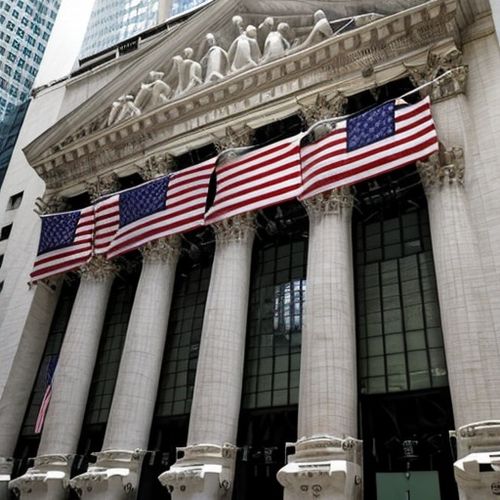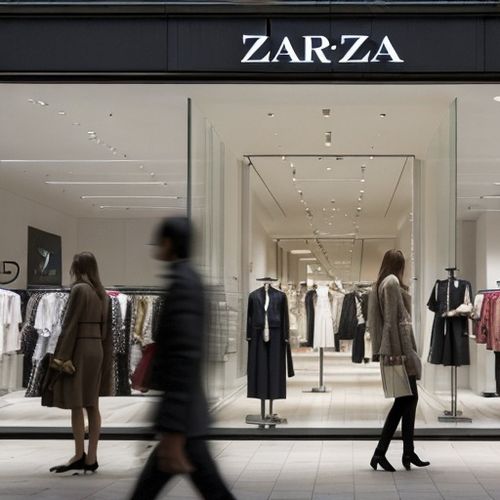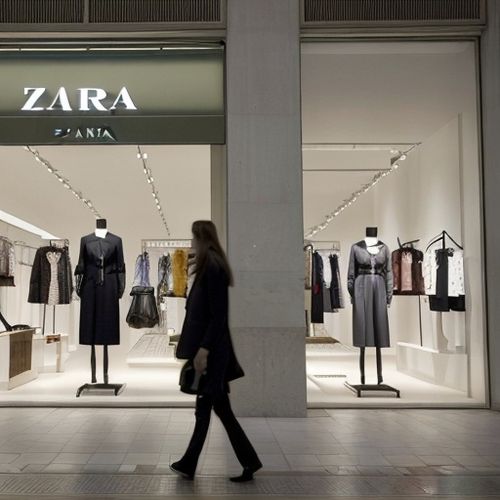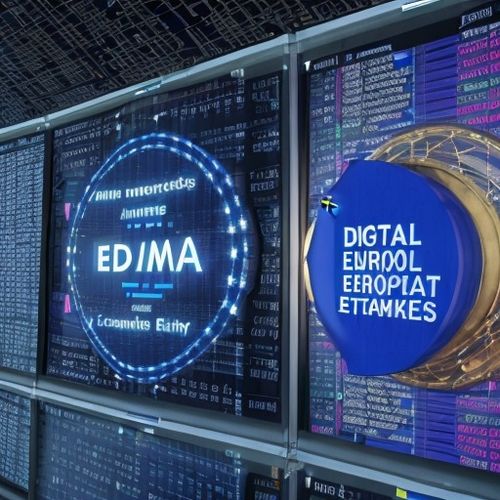The Israeli cybersecurity sector has long been regarded as a global powerhouse, producing innovative startups that often become acquisition targets for larger tech firms. In recent years, however, a concerning trend has emerged—skyrocketing valuations in mergers and acquisitions (M&A) that may not always align with the underlying fundamentals of the companies involved. This surge in deal-making activity has led some industry veterans to question whether the market is entering bubble territory.
What’s driving this frenzy? The answer lies in a combination of factors, including heightened demand for cybersecurity solutions amid escalating global threats, an influx of venture capital, and strategic competition among tech giants eager to bolster their security portfolios. Israel’s reputation as a cybersecurity innovator further fuels this trend, with buyers willing to pay premium prices for cutting-edge technology and top-tier talent.
Yet, beneath the surface, there are signs of overheating. Some acquisitions have seen valuations that far exceed traditional revenue multiples, raising eyebrows among financial analysts. Startups with minimal revenue or unproven business models are commanding prices that would have been unthinkable just a few years ago. This has led to concerns that the market may be setting itself up for a correction if these high-priced deals fail to deliver expected returns.
The role of venture capital cannot be understated. With record levels of funding flowing into cybersecurity startups, many companies are staying private longer, allowing them to grow rapidly before entering M&A discussions. While this can lead to more mature acquisitions, it also means that valuations are being inflated by private market investments before a company even reaches the negotiating table. The result? Buyers are often paying not just for technology, but for the hype built around it.
Another factor distorting valuations is the increasing involvement of non-traditional acquirers. Private equity firms, sovereign wealth funds, and even automotive companies are entering the fray, each with different investment horizons and strategic priorities. This diversification of buyers has created a competitive bidding environment where rational pricing mechanisms sometimes take a backseat to the fear of missing out on the next big innovation.
Industry insiders point to a handful of recent deals as potential warning signs. In some cases, acquired companies have struggled to integrate their technology with the buyer’s existing systems, while others have seen key talent depart shortly after acquisition—eroding much of the value that justified the premium price. These post-acquisition challenges suggest that due diligence processes may be getting rushed in the heat of competition.
What does this mean for the future? While the current boom shows no immediate signs of slowing, history suggests that valuation bubbles rarely end well. The cybersecurity industry’s essential nature may provide some insulation against a dramatic crash, but investors and acquirers would be wise to approach deals with greater scrutiny. As one veteran investor put it, "When everyone is paying top dollar, that’s exactly when you need to ask the hardest questions."
The Israeli government has taken note of these developments, with officials expressing both pride in the sector’s success and caution about maintaining its long-term health. Some policymakers have called for measures to ensure that the startup ecosystem remains balanced, preventing short-term financial engineering from undermining the country’s position as a global cybersecurity leader.
For now, the M&A wave continues, with new deals announced regularly. But as valuations climb ever higher, the industry may be approaching an inflection point. Whether this results in a soft landing or a more turbulent adjustment remains to be seen. What’s certain is that the stakes are high—not just for investors and companies, but for the broader digital security landscape that relies on Israeli innovation.

By Ryan Martin/Apr 7, 2025

By Ryan Martin/Apr 7, 2025

By David Anderson/Apr 7, 2025

By Olivia Reed/Apr 6, 2025

By Daniel Scott/Apr 6, 2025

By Victoria Gonzalez/Apr 6, 2025

By John Smith/Apr 6, 2025

By Elizabeth Taylor/Apr 6, 2025

By James Moore/Apr 6, 2025

By Megan Clark/Apr 6, 2025

By Daniel Scott/Apr 6, 2025

By William Miller/Apr 6, 2025

By Samuel Cooper/Apr 6, 2025

By Amanda Phillips/Apr 6, 2025

By Natalie Campbell/Apr 6, 2025

By Noah Bell/Apr 6, 2025

By Elizabeth Taylor/Apr 6, 2025